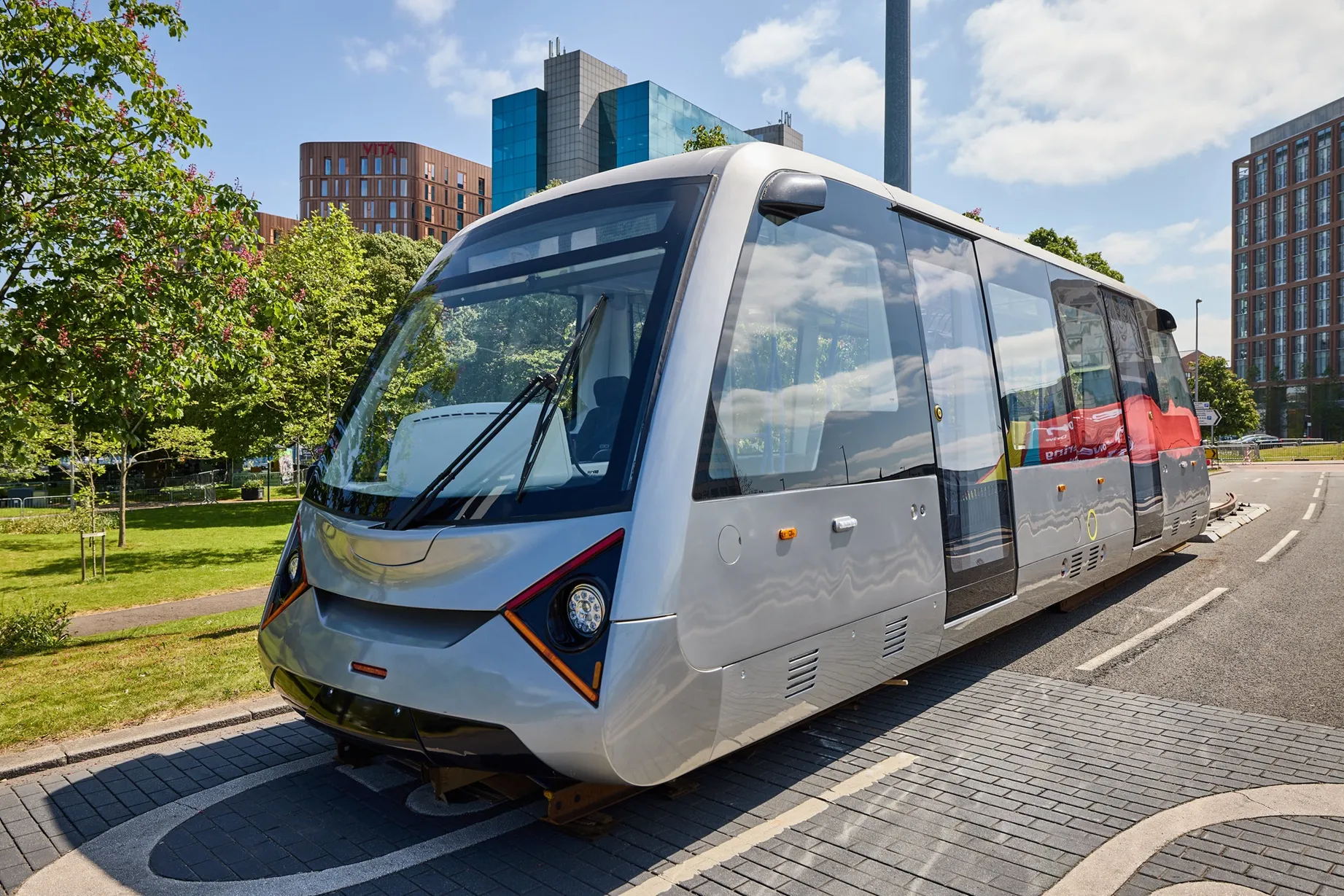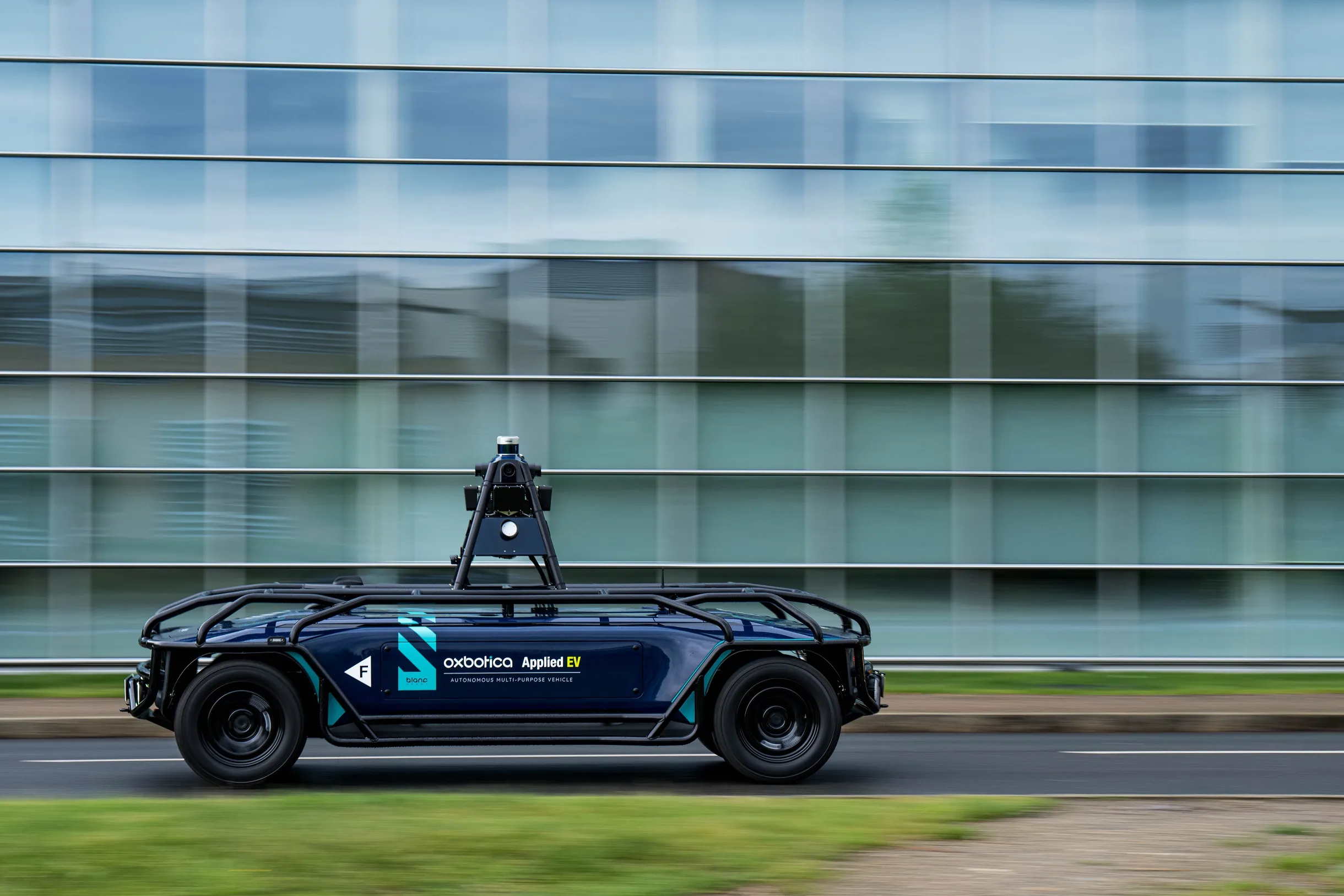
An autonomous electric bus using Fusion Processing’s CAVstar automated drive system has started passenger services on the Connector project in Cambridge, UK.
The bus is the first of three that will be operating in Cambridge, around 100km north of London. The service was launched using a Mellor Orion E electric midi bus while the other two buses will be Alexander Dennis Enviro100AEV 8.5m buses.
In each case, the vehicles have been fitted with Fusion’s full Level 4-capable CAVStar solution, which allows the buses to drive autonomously, with a safety driver in the cab.
Fusion said the autonomous bus service is “ground-breaking” as it will operate for an extended period in a complex town environment, mixing with pedestrians, cyclists and other vehicles.
The vehicle completed extensive track testing and safety driver training earlier this year before entering public service. The bus’s route links Madingley Road Park & Ride with the University of Cambridge’s Eddington neighbourhood and Cambridge West Innovation District. The trial passenger service is free.
The Connector project is led by the Greater Cambridge Partnership and backed by Innovate UK and the Centre for Connected & Autonomous Vehicles (CCAV).
“This is a milestone moment for autonomous transport in the UK,” said Jim Hutchinson, CEO of Fusion Processing. “Automated transport increases safety and provides significant energy and operational cost savings.”
The project is a milestone, but it’s just the beginning, noted Dan Clarke, head of innovation and technology at the Greater Cambridge Partnership.
“We’ve been running the bus on the road without passengers to learn more about how other road-users people interact with the technology. We’re now moving gradually to the next stage of this trial by inviting passengers to use Connector."
Clarke said that the aim is to introduce this new technology in a phased way that balances the trialling of these new systems with safety and the passenger experience: “This will ensure we can learn more about this technology and showcase the potential for self-driving vehicles to support sustainable, reliable public transport across Cambridge.”
The Connector project is supported by a consortium including Fusion Processing, Alexander Dennis, IPG Automotive, dRisk, Whippet Coaches and the Greater Cambridge Partnership.
Fusion Processing founded in 2012, designs and builds advanced systems for the automation of vehicles as well as technology to improve vehicle safety.










